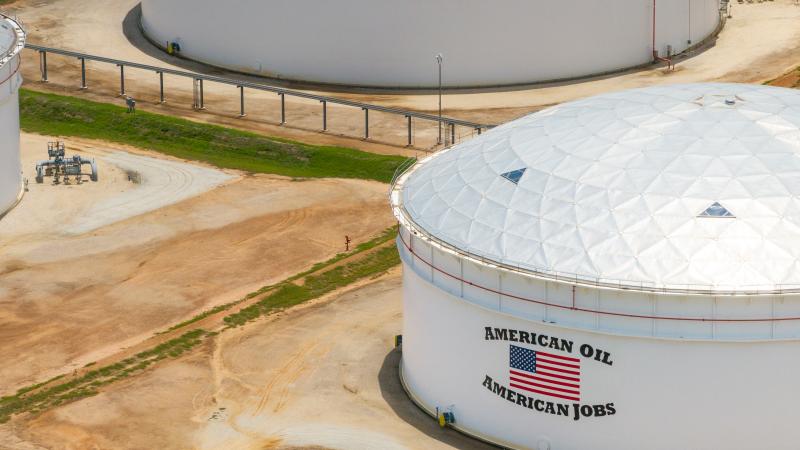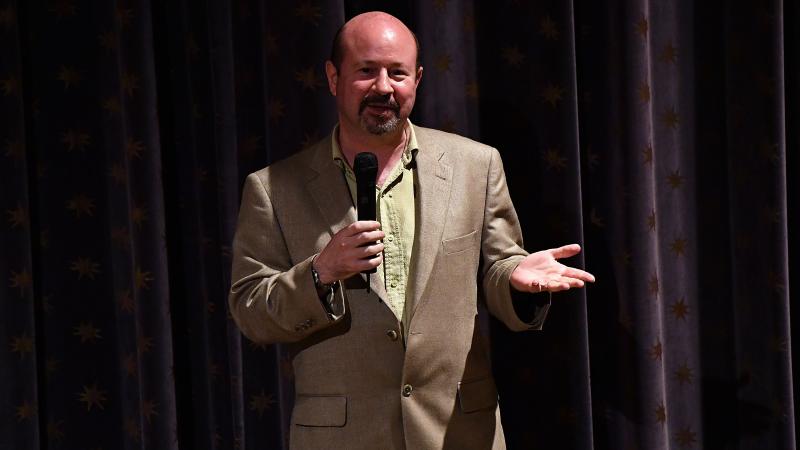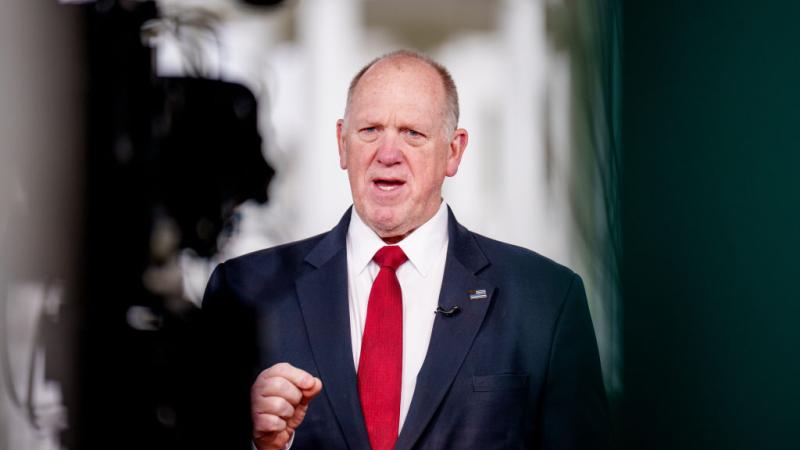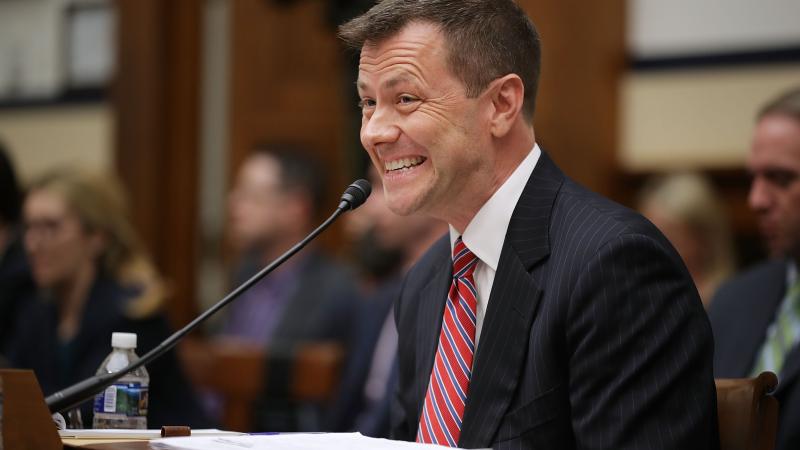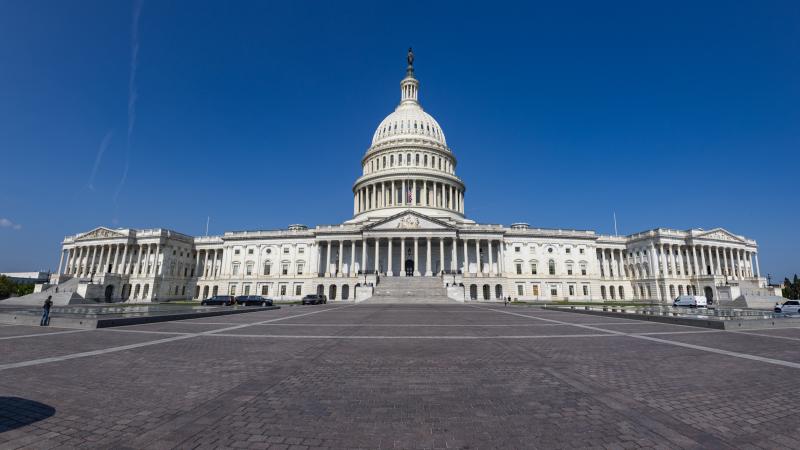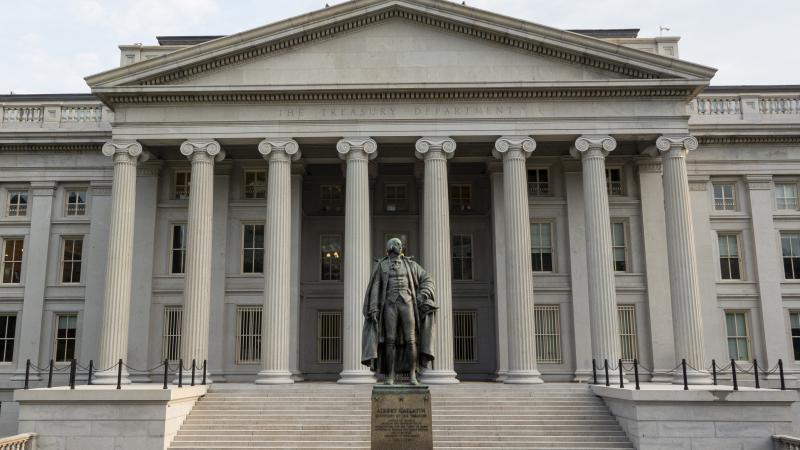Louisiana regulators chart course toward advanced nuclear energy
This regulatory flexibility was highlighted during the discussion, with one expert noting the importance of giving utilities confidence to invest in nuclear and other advanced energy solutions.
(The Center Square) -
(The Center Square) — The Louisiana Public Service Commission is advancing its efforts to position the state as a leader in clean energy through advanced nuclear technology.
At a recent meeting, commissioners, utility representatives, and industry experts laid out a vision for nuclear energy's role in meeting Louisiana's economic and environmental goals.
Louisiana's Public Service Commission oversees and regulates most utilities in the state. This authority allows the LPSC to not only set prices but also guarantee cost recovery for utilities exploring new energy technologies.
This regulatory flexibility was highlighted during the discussion, with one expert noting the importance of giving utilities confidence to invest in nuclear and other advanced energy solutions.
The commission's recent "LANCE Report" identifies nuclear power as a critical component in achieving net zero emissions while supporting Louisiana's energy-intensive industries. The report suggests integrating nuclear with natural gas to meet the demands of industrial clients seeking low-carbon energy for their operations.
"Our industrial sector is clamoring for net zero power," said Commissioner Eric Skrmetta. "In combination with natural gas and nuclear, we get the net zero our products get the stamp of net zero on them for export."
Advanced nuclear energy isn't just about clean power — it's also a driver of economic development. Data centers, artificial intelligence facilities, and export-driven industries are increasingly drawn to regions with reliable, low-carbon energy.
Entergy Louisiana was credited for its proactive approach to resource planning, including a partnership with Meta, which self-funded key energy infrastructure. Such initiatives, participants said, could relieve some financial burdens from ratepayers.
Cost remains a major hurdle for nuclear energy. While small modular reactors are seen as a promising alternative to traditional nuclear plants, upfront costs are significantly higher compared to natural gas facilities. However, proponents argue that nuclear's low fuel costs and emissions-free profile deliver long-term value.
The Vogtle Nuclear Power Plant in Georgia illustrates both the potential and challenges of nuclear investment. The project, which completed two reactors in 2023 and 2024, suffered significant delays and cost overruns, taking nearly 15 years and $34 billion to finish.
Yet, these reactors are now expected to produce 17.2 million megawatt-hours of clean energy annually, preventing 10 million metric tons of carbon emissions.
To address financing hurdles, the Biden administration has committed billions in subsidies and tax credits for nuclear projects through legislation like the Inflation Reduction Act and the Infrastructure Investment and Jobs Act.
The recently passed Accelerating Deployment of Versatile, Advanced Nuclear for Clean Energy Act further streamlines the permitting process, reduces regulatory costs, and incentivizes advanced nuclear technologies like small modular reactors, which are particularly suited for deployment in remote or smaller areas.
"You're spending half a billion dollars on paperwork," Jay Jiang Yu, founder of NANO Nuclear, told The Center Square. "If the ADVANCE Act can actually come in and reduce the cost and the timeline, you're saving potentially hundreds of millions of dollars that could be used toward physical work."
Louisiana stands to benefit from federal initiatives such as the Department of Energy's loan programs and GAIN vouchers, which offer financial and technical support for nuclear innovation. These tools could help mitigate risks and attract investment for nuclear projects in the state.
The LPSC emphasized the importance of working closely with utilities, state agencies, and educational institutions like LSU's Center for Energy Studies. These partnerships aim to foster research, secure funding, and train the workforce necessary for nuclear technology deployment.
The ADVANCE Act encourages collaboration between the Nuclear Regulatory Commission and DOE to develop and test advanced nuclear fuels. Louisiana could leverage this momentum to accelerate its nuclear projects while addressing workforce and regulatory challenges.
Moving forward, the PSC plans to host technical conferences to refine its strategies for nuclear energy deployment. These sessions will focus on regulatory finance, partnerships with federal agencies, and integrating nuclear technology into state and national defense operations.
"This is not a partisan issue — electrons don't have Rs or Ds tattooed on them. It's about serving customers and driving economic growth," said Paul Kjellander, a senior advisor to Idaho National Labs, who prepared the Louisiana Advanced Nuclear Competitive Edge report.
